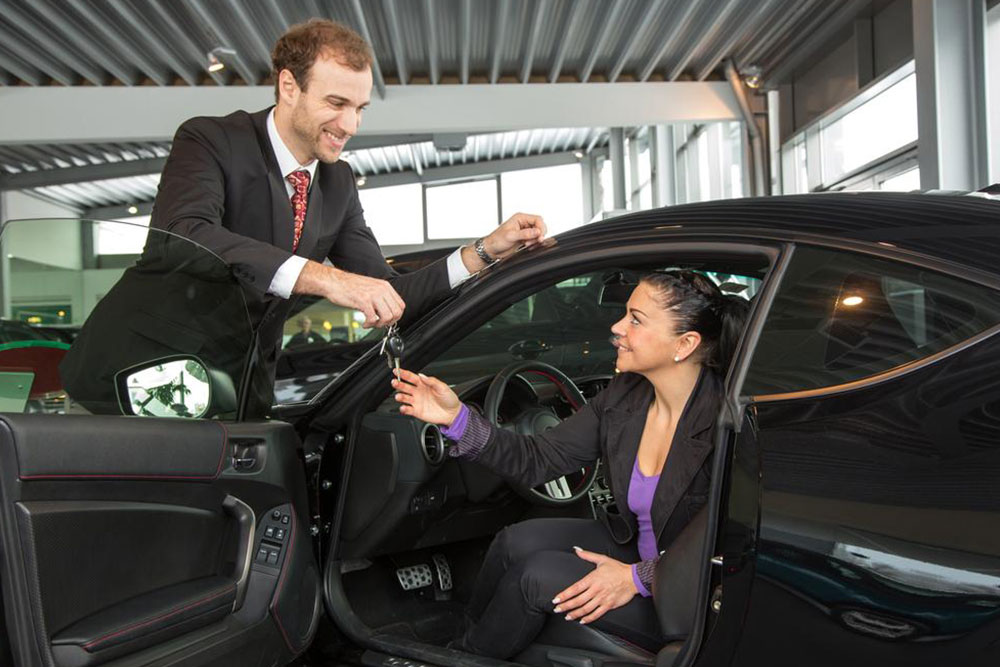Dealer vs. Private Seller: Which Is the Best Choice for Your Vehicle Purchase?
Deciding between a dealership and a private seller can significantly impact your vehicle buying experience. Dealerships offer certified vehicles, warranties, and easier paperwork, but at a higher cost. Private sellers may provide better prices and negotiation flexibility but come with increased risks and less security. Understanding the pros and cons of each option, along with performing due diligence, can help you make the right choice. This comprehensive guide explores every aspect of buying from a dealer versus a private seller, ensuring you make informed, confident decisions when purchasing your next vehicle.

Dealer or Private Seller: How to Choose the Best Option for Buying a Car
When it comes to purchasing a vehicle, consumers are often faced with the decision of whether to buy from a licensed dealership or directly from a private seller. Both options come with their own sets of advantages and challenges, and understanding these can help you make an informed decision tailored to your needs and preferences.
Buying from a certified dealership offers several benefits, including assured paperwork, comprehensive warranties, and financing options. Dealerships typically sell inspected and certified vehicles, which means the cars have passed safety checks and are often reconditioned to meet quality standards. This route tends to provide peace of mind, especially for first-time buyers or those unfamiliar with vehicle inspections. Moreover, dealerships often facilitate trade-ins, allowing you to exchange your current vehicle for credit toward your new purchase, which can simplify the transaction process.
In contrast, buying directly from a private seller often involves negotiating the sale terms personally. Private sales can be more flexible on pricing, given that individual sellers might be willing to accept lower offers or offer better deals to close a sale quickly. Private sellers usually do not provide warranties, meaning the buyer assumes more risk, so it is essential to perform thorough inspections or hire experts to assess the vehicle’s condition. Private buyers can often communicate directly with the owner, asking specific questions about the car’s history and usage. This personal interaction allows for more negotiation opportunities compared to fixed dealership prices.
Pros and Cons of Dealer and Private Sales:
Purchasing from a dealer streamlines the entire process. They provide a comprehensive range of services, including paperwork handling, financing options, and warranties, which can significantly reduce the buyer’s stress and administrative burden. These cars tend to have undergone detailed inspections and often come with certified pre-owned (CPO) status, ensuring that the vehicle meets specific safety and quality standards. Such vehicles might be priced higher due to the added services and assurances but offer greater peace of mind.
On the other hand, private sales are often characterized by more negotiability and potentially lower prices. Private sellers usually expect cash transactions, and since there are no formal warranties, buyers should conduct independent inspections or seek professional evaluations before completing the purchase. This route might lack the convenience and security of dealership services, but it provides opportunities for buyers to negotiate extensively on price and terms.
Price flexibility is a significant factor. Dealerships often set fixed or slightly negotiable prices, limiting bargaining. Conversely, private sellers may be more willing to accept offers that are below the asking price, especially if the vehicle has been on the market for some time. However, buyers should verify the vehicle’s value through trusted sources like vehicle history reports, online valuations, and independent inspections to ensure they are not overpaying.
Another aspect to consider is the buying atmosphere. Dealerships tend to be more formal, and sales staff might exert some pressure to close the deal quickly, which may not be ideal for buyers who prefer to take their time. Private sales generally allow more relaxed negotiations and thorough consideration before making a decision. This flexibility can lead to smarter, more calculated purchases.
In summary, choosing between a dealer and a private seller depends on your specific preferences, risk tolerance, and budget. If you prioritize security, warranties, and easy financing, a dealer might be the better option. However, if you are experienced in vehicle inspections, looking for a lower price, and comfortable with the risks associated with private sales, buying from an individual seller can be advantageous. Always perform due diligence regardless of the route you choose to ensure a satisfactory and safe vehicle purchase.





